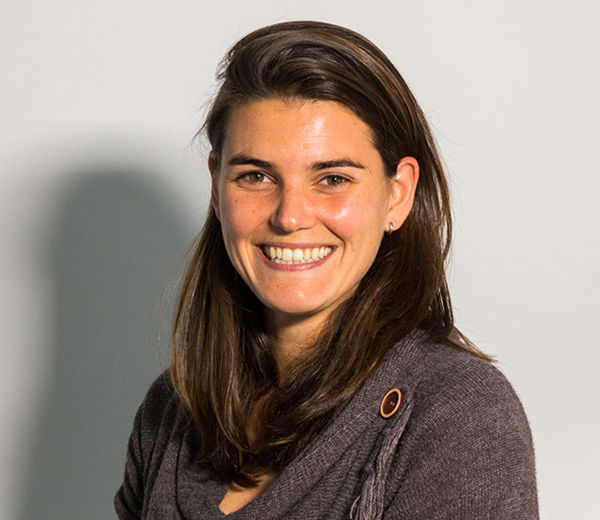A world first: Reinier de Graaf increases safety and efficiency with track and trace in the operating theatre
The Reinier de Graaf Hospital in Delft is the first hospital in the world to have surgeons test radio frequency identification (RFID) technology in the operating theatre (OT). This technique equips medical instruments with a sensor (RFID tag) that makes it possible to monitor them live on a dashboard. This improves operating efficiency and patient safety. The system is currently being tested during keyhole surgery. The RFID project has been extensively tested in the operating theatre in close cooperation with TU Delft, Van Straten Medical (manufacturer of medical instruments) and under the supervision of PhD student Frederique Meeuwsen from TU Delft.
‘By innovating together and looking ahead,’ says Maarten van der Elst, a trauma surgeon and coordinator of the research OT, ‘we can improve patient care with good ideas and technologies. As surgeons, we focus on patient safety and efficiency because surgery time is the most expensive time in a hospital. And above all else, patients value safety. That’s why we developed this system, which enables us to achieve both of these goals. Because we can monitor all of the instruments, we know for certain that any instrument entering the OT will leave it again as well. Counting occurs automatically with this track and trace system, and that saves time. It unburdens assistants so they can focus on their primary task: caring for patients.’
Innovating together
Doctor and PhD student Frederique Meeuwsen from TU Delft conducted research on the potential application of RFID technology in the research theatre for two years. ‘In my research, I looked specifically at the use of instruments during surgery,’ Meeuwsen says. ‘Based on that, as well as their combined use, you can tell which stage of the operation a surgeon is in. This enables you to estimate how long the intervention will still take and prepare the next patient, for example. And that allows us to improve scheduling in the operating theatre. The current challenges are mainly related to further developing safe and certified sensors that are able to easily withstand the high temperatures of the sterilisation process. But this application is also broadening our knowledge and is the key to further improving the quality of care in the OT.’
Van Straten Medical, manufacturer of medical instruments, has been closely involved in testing and developing the technique. ‘The use of RFID technology is also making a huge contribution to efficient instrument management and sustainability in care. Track and trace tells us whether we have sufficient supply and when instruments need to be replaced or maintained. Our goal is to use instruments longer by repairing and overhauling them. Or, if they can no longer be used, to melt them down so that hospital waste becomes a new raw material for new products. That generates considerable savings for hospitals and contributes to our objective of making medical devices circular,’ says Bart van Straten.
NRC published an article on RFID technology on Monday 25 February. Read the article.

